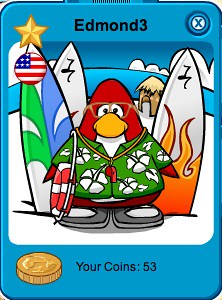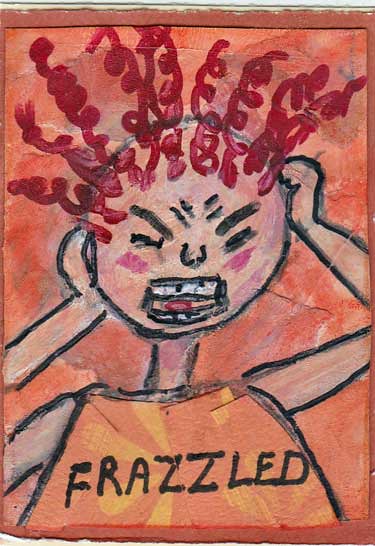Heya Huns,
This week I wad reading up on
MUDs (a multiplayer real-time virtual world that is text-based). They are traditionally set in a fantasy world which implements an online chat as the form of communication, a role-playing style of gameplay, hack and slash (player combat involving weapons or powers), player versus player, and interactive fiction.
Players of these games can be divided into 4 distinct groups:
- Achievers
- Explorers
- Socialisers
- Killers
The article shows a graph that shows the type of players and their main reasons for playing MUD games.
ACTING
Killers | Achievers
|
|
|
|
PLAYERS -------------------+------------------- WORLD
|
|
|
Socialisers | Explorers
|
|
|
INTERACTING
It then continues to explain how these players interact with each other and the possible alliances or combats that can occur.
My favourite
example of an MUD - Club Penguin
I then went on to read about
game mechanics, dynamics and aesthetics (MDA), which is a more formal way to say the rules of a game, it's system and how fun a game is. When talking about
aesthetics it says they can be put into (but are not limited to) these categories.
- Sensation - Game as sense-pleasure
- Fantasy - Game as make-believe
- Narrative - Game as drama
- Challenge - Game as an obstacle course
- Fellowship - Game as a social framework
- Discovery - Game as uncharted territory
- Expression - Game as self-discovery
- Submission - Game as pastime
Examples of which include:
- Charades - Fellowship, Expression, Challenge.
- Quake - Challenge, Sensation, Competition, Fantasy.
- The Sims - Discovery, Fantasy, Expression, Narrative.
- Final Fantasy - Fantasy, Narrative, Expression,
Discovery, Challenge, Submission.
The example of dynamics that they use is monopoly; which uses dice to determine how far a player can move on their designated turn. The game works to the advantage of whoever gets ahead first, and then with their continued success, they can then penalise less fortunate players by adding houses and hotels to their properties, which raises the amount of money to be paid by the player who lands on it.
photo of the monopoly board.
The mechanics of a game are what a player is given to work with to make their gameplay more enjoyable or that can help them get ahead. In shooter games, these could include:
- Weapons
- Ammunition
- Spawn Points
These mechanics then produce gameplay like camping or sniping. Basically, the mechanics benefit the game dynamics and overall gameplay. With these 3 components, you should have a half-decent game on your hands.






